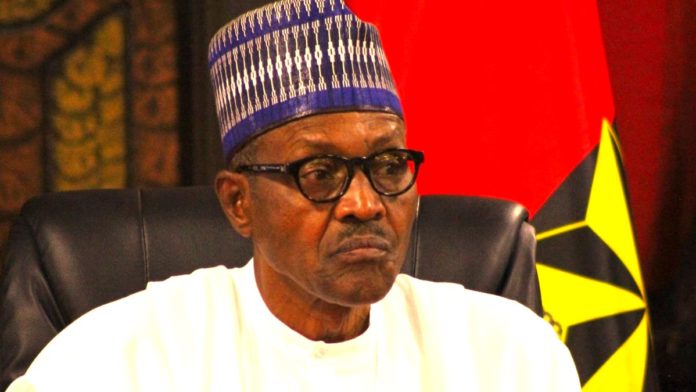As the Year 2019 rolls by, Nigerians are now counting their gains and losses while hoping the new year 2020 will usher in abundant prosperity economically. Taking a critical look at some of the major economic policies of President Muhammadu Buhari in the previous year, one could predict what to expect this year.
Even though Nigeria’s oil sector attracted huge foreign capital flow, the foreign direct investment was minimal in 2019. For instance, the National Bureau of Statistics (NBS) indicated that the largest amount of capital importation in the third quarter of 2019 was received through portfolio investment, which accounted for 55.88% of total capital importation, followed by Other Investment, which accounted for 40.39% and then Foreign Direct Investment FDI, which accounted for 3.73%.

The country should provide a conducive enabling environment to encourage Foreign Direct Investment in 2020 by ensuring stable electricity and addressing the infrastructural deficit.
The border closure was another major economic policy of Buhari’s government towards encouraging local production and secure the border from smugglers and criminals. The implementation resulted in the skyrocketing in the cost of goods and services. The decisions on border closure though laudable, but affected the purchasing power of many Nigerians who depended on some of these imported goods because of their cheaper nature. The administration rushed into implementing the policy without adequate cushioning provisions.
With the anticipation of opening the border on January 31st, 2020 (barring any last-minute change), there is hope that prices of goods including foreign and local products may crash due to aggressive competitions in the market. The government must sustain it supports in standing by local farmers and other food producers against stiff competition.
The country’s debt has continued to rise under the administration of President Buhari which raised significant concern in 2019. As at October 2019, Nigeria’s external debt stood at $27.16billion while the Domestic debt stood at $52.72billion.
Considering the alarming debt profile, the government should look for alternative strategies to manage the situation rather than selling our assets to offset the debts. The government should also do away with outrageous contacts and expenses like the proposed N37 billion for the renovation of the National assembly.
Despite claims of economic diversification, the country witnessed massive unemployment in the year 2019. The government was unable to find relief to our unemployment issues and this has continued to spell doom for the economy. The government through the Labour Minister, Chris Ngige admitted that the unemployment rate could reach 33.5per cent in 2020.
The government should create the enabling environment that could drive skill acquisition, entrepreneurship and empowerment of youths towards self-reliant and self-development as strategies for job creations. If last year which was described as ‘best year’ by supporters of the administration, if immediate action is not taken, 2020 may be a scary year.
Education as the bedrock of national development, adequate funding in that sector is essential especially on information and communication technology and computer-based learning.
I strongly believe that the year 2020 can be more prosperous and conducive for economic development if the government can do away with wasteful expenditures like the approval of N37billion for the renovation of the National Assembly. It beats all forms of imagination that for a country that has a rising debt profile, unemployment and other infrastructural deficits, the executive and legislative arms can expend huge resources to non-priority areas.
The effect of wasteful spending in 2020 will be fatal to the economy as it would deny Nigerians the right to basic needs: better education, efficient infrastructure, affordable healthcare service and above all a secured society.
Saad Yushau Shuaib
Wuye District Abuja







